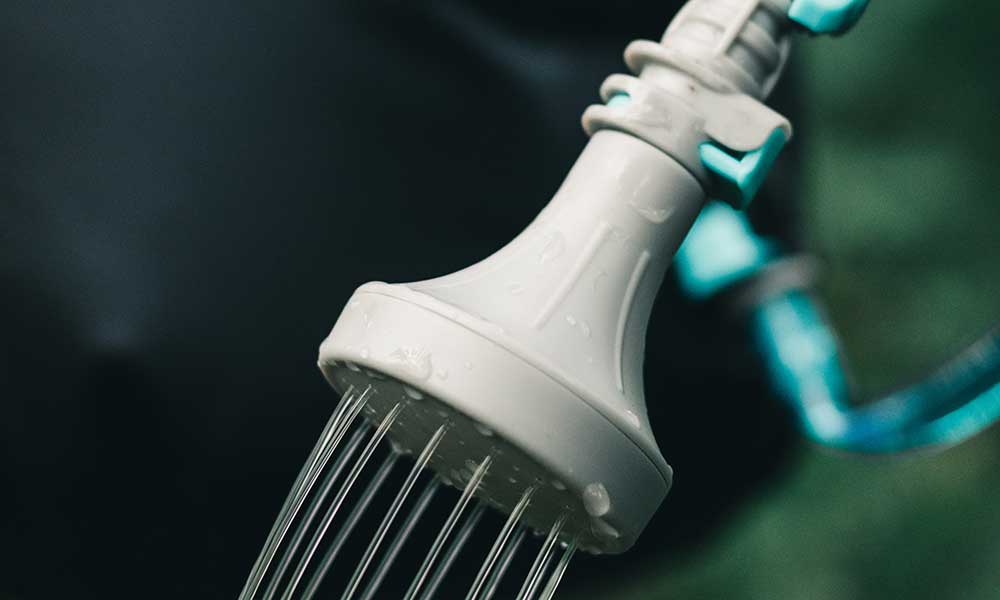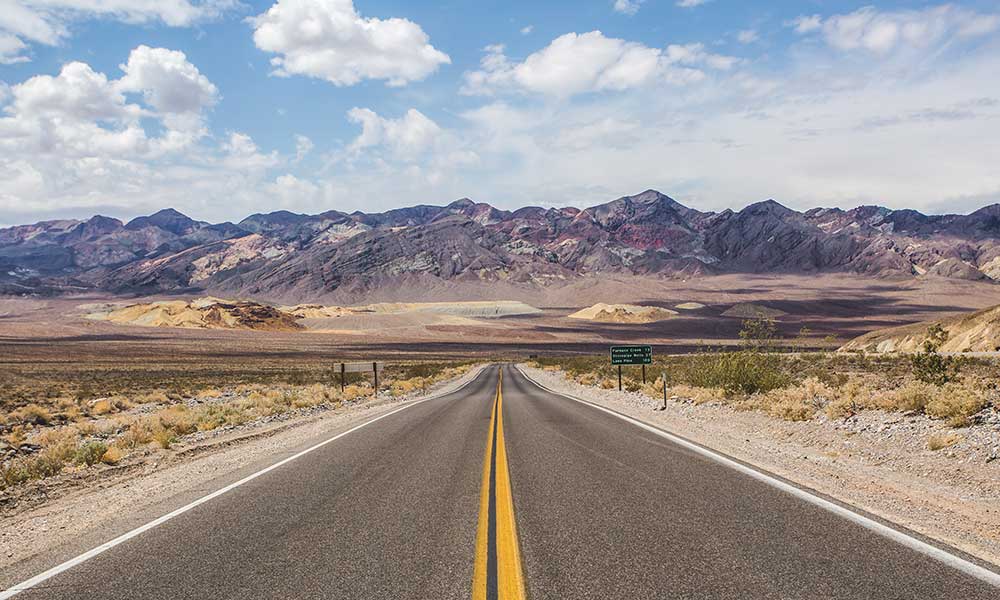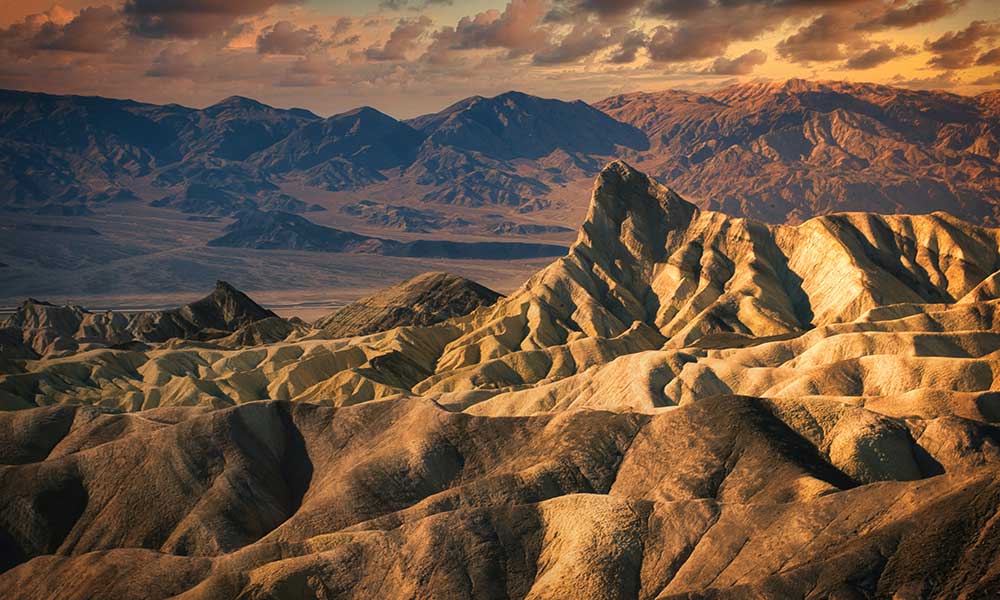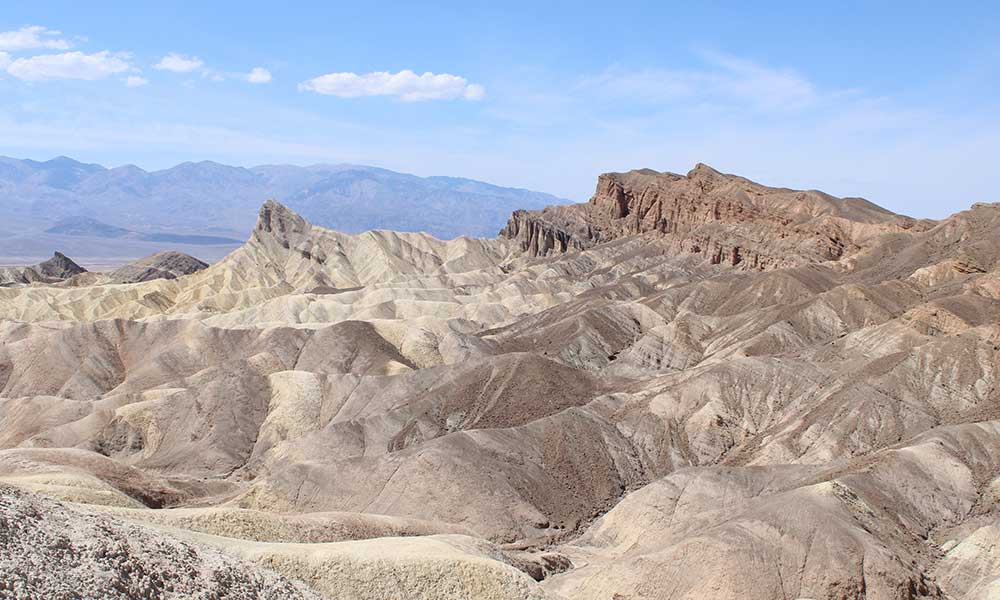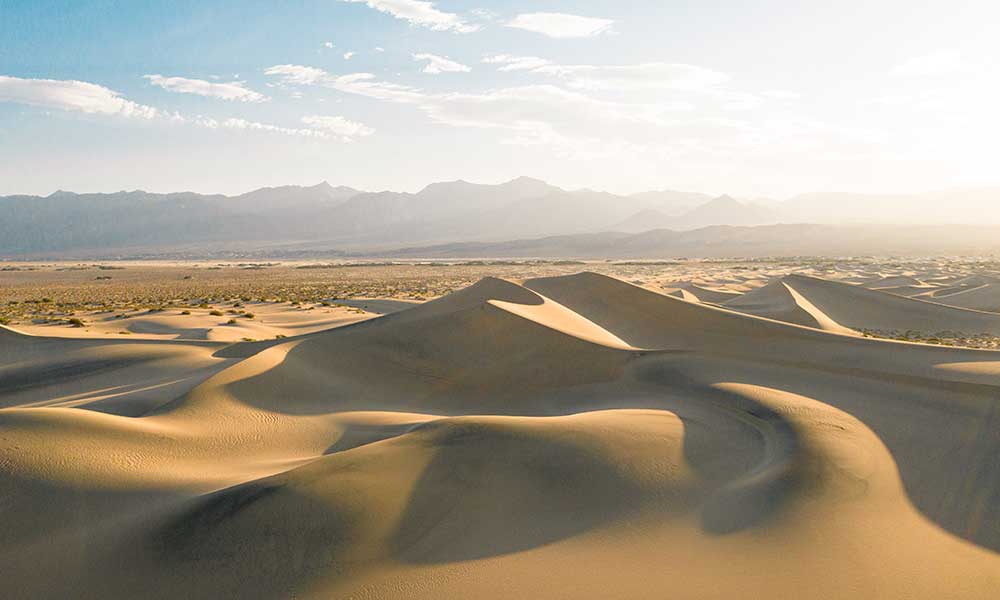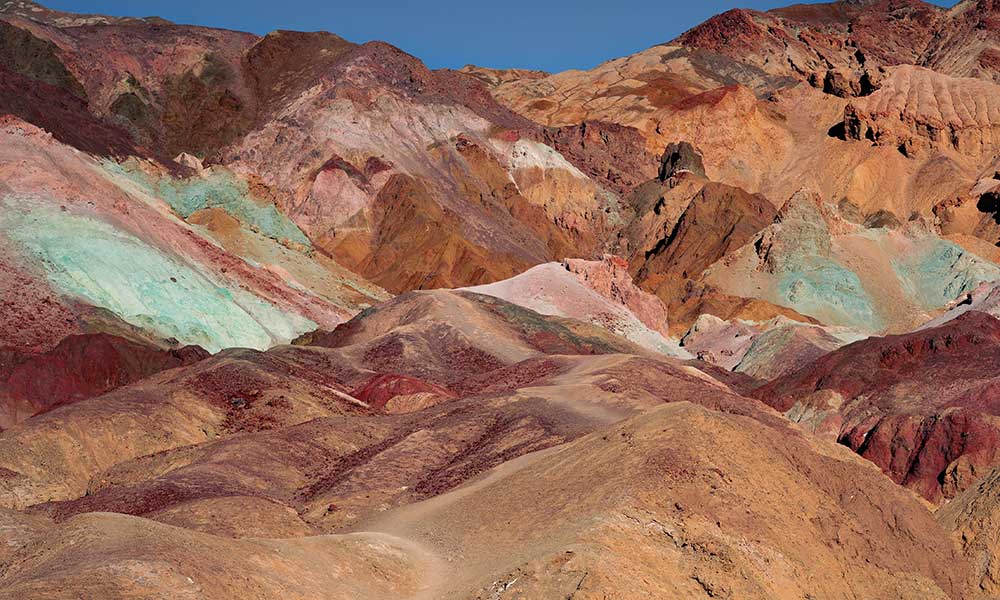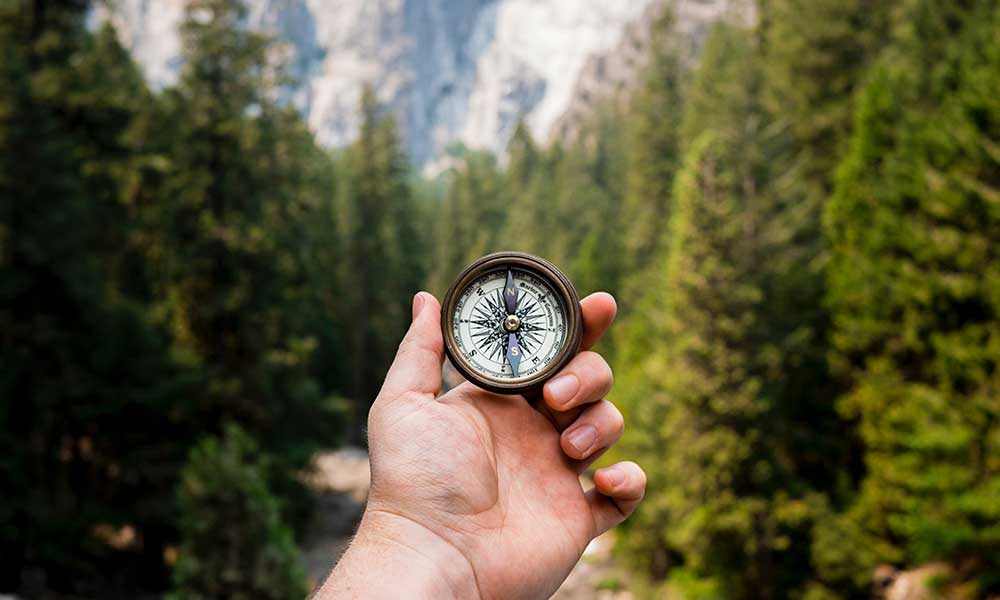Hiking is a heady and satisfying adventure, but that doesn’t mean it doesn’t come with worries and problems. One of the major concerns of people hiking the Appalachian Trail is how to take a decent shower after a long day.
Daily showers are not possible while on the trail. Still, options available to you include bathing from a canteen or collapsible bucket with biodegradable soaps, using wet wipes, or showering in trail towns.
Hygiene Products You Need On Your Hike
You have the tough job of maintaining personal hygiene without the comfort of running water or a private area. To achieve this, you’ll need some products.
Wet Wipes
Wipes are a must-carry for hikers in the backcountry. They’re a core hygiene product that you cannot do without, especially in the absence of shower facilities. Wipes are essential for staying clean while hiking where access to clean water isn’t guaranteed.
Females hiking the Appalachian Trail are also advised to carry toilet paper along for personal hygiene or a pee rag.
Biodegradable soap
For the times when you get the chance to bathe or shower on the trail, just using any kind of soap won’t do. Regular soap contains phosphates which cause algae to bloom in streams and lakes. Even when using this product, stay 200 feet away from the water source. The Appalachian Trail is a high-use area, and soap suds from other hikers can compound and pose a huge issue later.
Hand Sanitizers
Hand washing is essential hygiene on a thru-hike. However, the chances of finding water sources to wash your hands at all times are slim. This is where hand sanitizers come in. After taking a poo or a leak, your hands need to be cleaned appropriately. Before meals, too, hand sanitizers can do the job in the absence of water.
Microfiber Towels
You’ll need a small microfiber towel to dry off after a nice bath. Most hostels provide towels, but you can only use those on the premises. Microfiber towels come in handy for warm weather days when you get the opportunity to properly rinse your body in streams or take a trail shower.
Showering on the trail
The only time most thru-hikers get to have a proper shower is in trail towns. You must be prepared to go long periods without showers when hiking the Appalachian Trail. Most towns feature shower options for thru-hikers.
Shower facilities aren’t common in most campgrounds, so hikers must devise alternative ways of staying clean on the trail during the day hikes or longer hikes.
In the absence of shower facilities, there are other alternatives that you can utilize on the Appalachian Trail.
Sponge Bath
You must ensure to bathe at least 200 feet from the water source. All your walking will result in sweat, grime, and dirt constantly rubbing on dirty clothes. All this rubbing may get you chaffed.
You must clean up every night. one of the easiest ways to do this in the backcountry is to generally wipe all the grime away till you can bathe adequately.
To do this, get a camp towel, put a little amount of biodegradable soap on it, get the towel wet and rub it all over your body until you’re clean.
Alternatively, you could use baby wipes if it’s too cold or there are no water bodies nearby. Some people choose to carry wet wipes specifically for this purpose. While wipes help you stay clean until you can have a good scrub, they present one problem. The Appalachian Trail has a leave no trace policy; this means you have to lug the used wipes around till you get to a suitable place to dispose of them.
River Bath
On hot days you can choose to take a dip in the water body and have a proper bath. When doing this, stay far away from places where other people fish or collect water. Do not use soap in the river, even biodegradable soap, as it messes with the nutrient balance of the water and creates an unhealthy aquatic ecosystem.
Portable Shower
This is it if you’re gunning for a little luxury experience while on the trail. Fill a portable shower with water from any nearby water source, hang it on a tree, and have a proper wash. The problem with portable showers is that they’re extra weight to lug around. You can forgo this since it isn’t a necessity. A collapsible bucket is handier for both washing and bathing.
Hygiene Tips
The Appalachian Trail Conservancy has a leave no trace policy that you have to adhere to. Human waste has to be buried properly, and if the ranger catches you using soap too close to the streams, you may be fined.
One key hygiene tip for a thru-hiker in the backcountry is always keeping your tent and sleeping bag clean. Carry wipes for wiping down your tent at least twice a week to keep it free of bugs and ticks.
As much as possible, change out of your dirty clothes before bed. Wash and rinse them regularly, which will help you keep your sleeping area clean and bug-free.
Take Care of your Feet
Your most important asset on this adventure is your feet. Injury or catching a fungus or an itch will mean you have to pause your hike or cancel altogether to get help. This is why it’s imperative to take care of your feet.
Change your socks regularly, wash them with soapy water, and separate rinse water. This will help you keep healthy feet that do not smell.
Avoid Deodorants
The fact that showering occurs sparingly means that you’ll smell and get used to it. While deodorant might seem like a good idea, the sweet scent attracts insects, bugs, and even bears. Most people who carried a deodorant found no use for it. The best you can do is wash your armpits and groin area with soap and water as often as possible.
Bring Extra Underwear
Carry an extra pair of underwear. On days you don’t get the chance to wash your clothes, you can wear your underwear inside out to stretch out the number of days you can use them. Don’t pack too much to save weight.
Final Thoughts
Keeping yourself clean while hiking on the Appalachian Trail isn’t easy. Most hikers eventually get used to their natural odor and become concerned only when heading into towns. Most have their last shower in town and stick to alternatives to keep clean until the end of their hike. Showering isn’t always possible on the Appalachian Trail, but with good planning, you can maintain good hygiene till the end of your hike.

